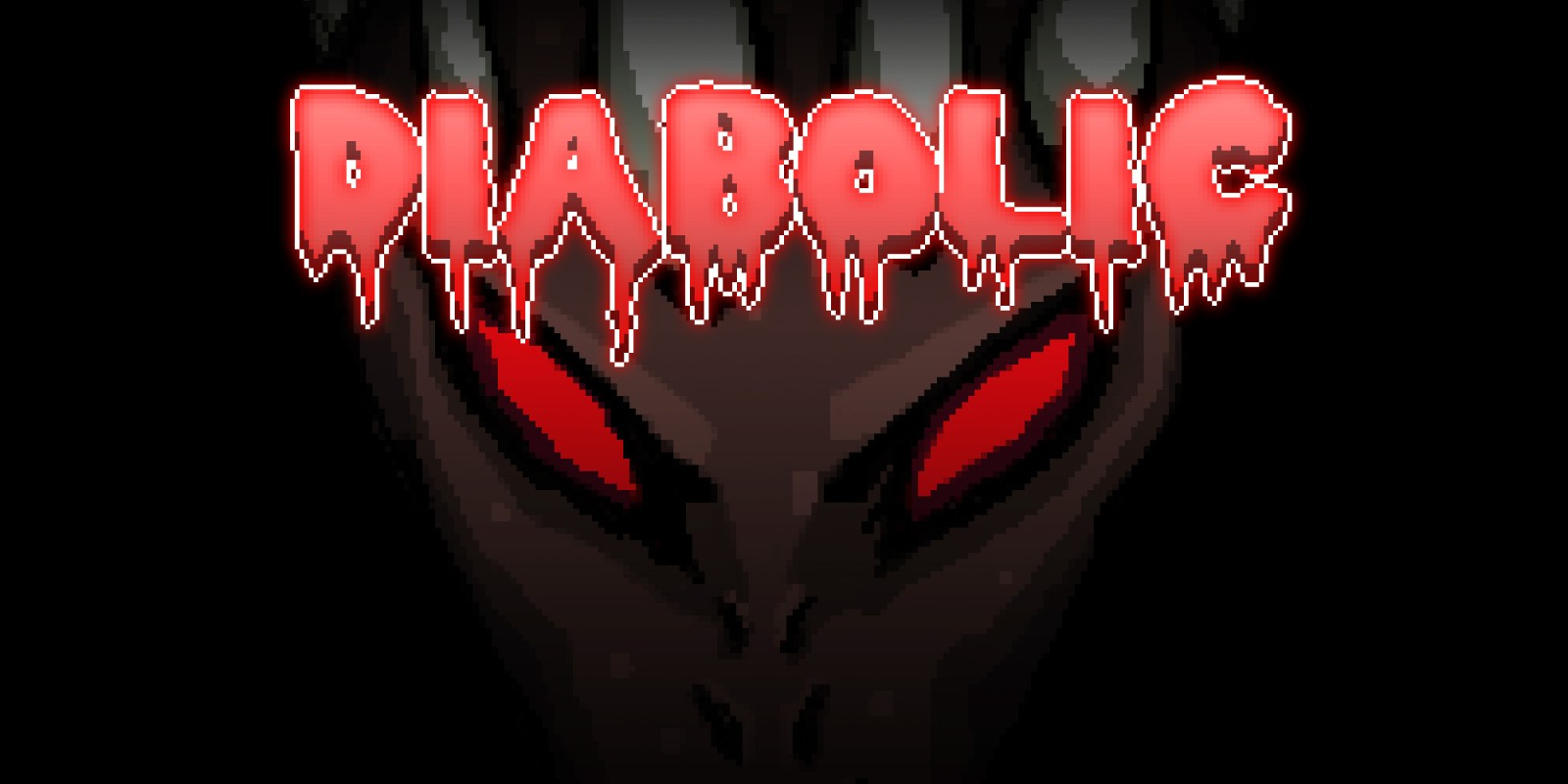Unveiling "Diabolic": Meaning, Examples & Pronunciation | Explained
Can a single word truly capture the essence of pure evil, of actions born from the deepest recesses of darkness? The answer, undeniably, is yes, and that word is "diabolic." It's a term steeped in history, resonating with the echoes of ancient fears and the chilling reality of human cruelty. To understand "diabolic" is to confront the unsettling capacity for wickedness that exists within the human experience, as well as the manifestation of evil.
The very structure of the word itself, its sonic weight, hints at its meaning. It's a word that conjures images of shadows, of whispered plots, of acts so heinous they seem to defy human comprehension. It's no surprise, then, that the term finds its roots in the devil himself, or more specifically, characteristics associated with the devil and evil entities. The Oxford English Dictionary (OED) notes its earliest evidence dating back to around 1475, appearing in "mum and sothsegger," a testament to the word's longevity and enduring relevance. The word's usage has evolved over centuries, reflecting changing social anxieties and moral perspectives, but its core meaning a reflection of the devil or something characteristic of the devil or wickedness has remained strikingly consistent.
Let's delve deeper. The word "diabolic" functions primarily as an adjective, a descriptor. It modifies nouns, painting pictures of actions, people, or concepts that are inherently evil. It is a literary tool, that helps to portray the depths of depravity and the darkest of human intentions. Consider the following:
- "The dictator's methods were diabolic."
- "A diabolic plan to manipulate the stock market was uncovered."
- "The villain's grin was hideously diabolic."
These sentences illustrate the power of "diabolic" to convey extreme negativity and a profound sense of wrongness. It doesnt merely suggest bad behavior; it signifies a deliberate, calculated embrace of evil. It implies a quality of cruelty, a delight in inflicting pain, and a disregard for human life and suffering. It's about far more than simply being unkind; it's about being fundamentally, irredeemably evil. The adjective is a tool to understand and expose the depths of evil.
To grasp the scope of "diabolic," we must understand its various nuances. It can describe the devil himself, as in "my diabolic visitor." It can also refer to anything that relates to him or that is characteristic of him. Think of "diabolic lore," referring to knowledge and stories associated with the devil, "a diabolic grin," an expression of malicious glee, or "a diabolic plot," a scheme meticulously crafted to cause harm. In essence, the word acts as a key, unlocking the door to a realm of wickedness and the darkest aspects of the world. A diabolic boy, for example, is likely to find pleasure in inflicting suffering; a diabolic plan will be marked by cruelty and disregard for human life.
Consider the historical context. The Middle English period (1150-1500), marks the earliest known usage of the word "diabolic." This era saw significant cultural shifts, a period marked by intense religious faith, superstition, and a belief in the tangible presence of evil forces. The term would have carried a profound weight, evoking a sense of dread and moral outrage. The etymology offers insights into the word's meaning. Partly a borrowing from French, the word traces its origins back to the idea of the devil and evil, providing a direct linguistic link to the concept of wickedness. Understanding the word's roots and its usage throughout history allows us to appreciate its enduring significance.
The language around "diabolic" is precise. Synonyms such as "evil," "wicked," "cruel," and "malevolent" offer related meanings, but they don't always capture the same level of intensity. "Diabolic" carries a particular force, a hint of the supernatural, as though the act or person in question is influenced by a force beyond human control. The diabolic quality resides in the extent of cruelty and the intent to do evil. Consider the sentence: "The sovereign council of wisdom, or the order of palladium, founded in paris, was a diabolic order claiming masonic origin." It reflects on a secret society, its diabolic nature, and its connection to beliefs about darkness. This demonstrates the word's ability to conjure up a sense of mystery and intrigue, a sense of the darkness that lurks behind closed doors. The word is a lens that helps us perceive the world in shades of good and evil.
The Collins COBUILD Advanced Learner's Dictionary further clarifies the word's meaning, stating that "diabolic" is used to describe something that is "very bad, extreme, or unpleasant." It is not merely something that is a little bit wrong, but something that is shockingly, horrifyingly wrong. It emphasizes the extremity of the negative traits. Think of acts that are so cruel, so inhumane, that they seem to have no place in the world; such acts can be described as diabolic.
The use of "diabolic" transcends mere description; it serves as a judgment, a condemnation. It labels actions and behaviors as inherently evil, placing them in the realm of the morally unacceptable. Understanding its pronunciation, origin, and application is essential in comprehending its power. As you delve deeper into this word, you'll realize its significance; a word that, despite its complexity, remains an invaluable tool for articulating the darkest corners of our world. We should continue to reflect on its various applications, explore the nuances of its meaning, and appreciate its enduring significance in the language.
The word "diabolic" is not frequently used in everyday conversation, but it carries a significant impact in literary or academic contexts where precision and intensity of language are paramount. To fully comprehend this word is to recognize the potential for evil that exists. To understand "diabolic" is to understand a part of the world, as well as to understand the human condition itself.
The power of "diabolic" resides not only in its denotation but also in its connotations. It's a word that evokes a range of emotions fear, revulsion, and moral outrage underscoring its potent role in shaping how we perceive the world and the actions within it. It serves as a stark reminder of the importance of recognizing evil.
If you are interested in learning more about this word, you can search for it in online dictionaries, such as the Oxford English Dictionary, and other advanced resources, such as thesauruses and linguistic databases. You can find a wide range of information, including its etymology, usage examples, synonyms, and related terms, to aid you in your exploration of this complex but significant word.



Detail Author:
- Name : Prof. Abel Paucek DVM
- Email : katelyn.legros@breitenberg.com
- Birthdate : 1991-07-14
- Address : 798 Antoinette Underpass Lake Jasminview, RI 21795-0262
- Phone : +1-870-586-4073
- Company : Durgan Inc
- Job : Engine Assembler
- Bio : Quia nostrum est repellat perspiciatis. Assumenda eligendi laudantium dignissimos consequatur est dolor et. Suscipit mollitia suscipit quod libero iste.